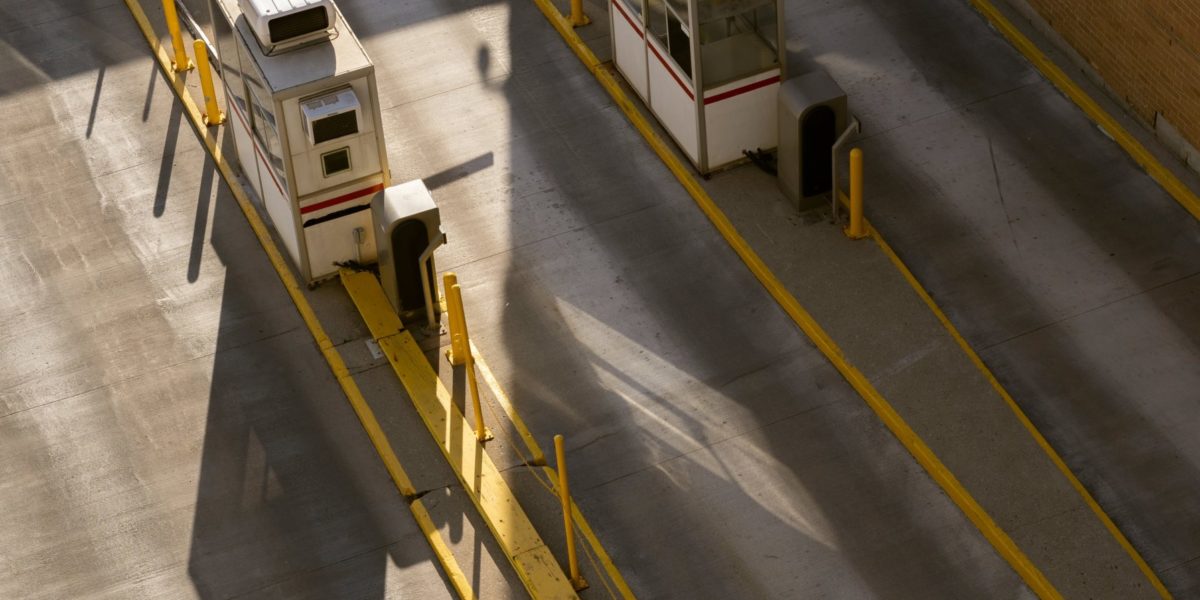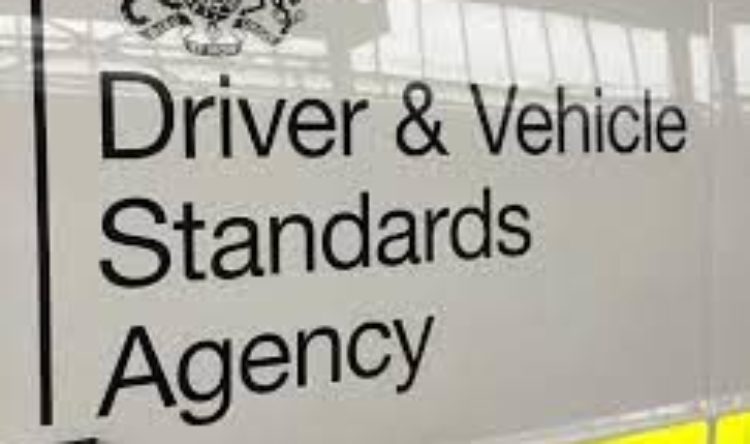Road tolls are needed
The end of VED and fuel taxation in on the cards with EV take up
The future of motoring taxation remains unclear, but the need for change is mounting.
Increasing electric vehicle (EV) registrations are driving down tax revenues for the Government. The ban on new petrol and diesel sales from 2030 and the increasing popularity of EVs are all affecting the treasury. Pressure is only going one way.
Plug-in vehicle uptake remains positive. In October, battery electric vehicles (BEVs) equalled their September market share of 15.2%. Plug-in hybrid vehicles (PHEVs) grew to a 7.9% share of the market.
Shocking success
New plug-in vehicle uptake rates are accelerating. More will join Britain’s roads in 2021 than during the whole of the last decade.
The RAC estimates that there are more than 330,000 zero-emission battery electric vehicles (BEVs) on the UK’s roads. More than 125,000 have been registered so far in 2021, along with 320,000 plug-in hybrids and 700,000-plus conventional hybrids.
KPMG’s Mobility 2030 team expects the already-growing sale of zero-emission cars and vans to reach 98% of sales in 2031.
Tax take driven down
The Treasury urgently needs a plan to plug a potential £40 billion shortfall from road taxes, including fuel duty. At £28.4bn in 2019-2020, tax revenues from fuel duty account for a significant 2% of GDP. Vehicle excise duty (VED) receipts were estimated to account for £6.5bn.
According to new research from the Tony Blair Institute for Global Change, electrification can be seen in the comparable costs. The cost of petrol or diesel, fuel duty and VED is about £1,100 a year for the average petrol or diesel car, while for EVs it is only £320. That equates to a reduction of 71%.
If the government’s EV deployment targets are met, the Exchequer will lose almost £260bn in revenue by 2040.
With each £5.5bn equating to a penny on income tax, compensating for this loss would require the basic rate of income tax to rise by 6p in the pound. Effectively, up 2p by the end of the next Parliament, a 4.5% point increase in VAT or huge rises in other consumer taxes.
Finding the money
Plugging this shortfall is the big question. The report suggests taxing the charging of EVs could damage adoption rates. Increasing VED for pure electric vehicles and for hybrid vehicles would put people off investing in zero emission vehicles.
The Treasury could look to recoup lost funding through other avenues such as VAT or income tax. However, this would contradict the ‘user pays principle’ by re-distributing the tax for the funding of roads. Instead the general population would be paying. However, some are likely to complain that they have no access to such vehicles or derive any benefits from the tax.
Instead, the report suggests the expansion of current tolls, congestion and air quality charges. Or it could consider implementing a ‘road pricing policy’ in which users are charged according to the ‘user pays principle’. This would provide revenues for infrastructure spending, while addressing other objectives such as optimising road capacity, managing congestion, and even improving air quality.
Time to talk
Ministers are already discussing road pricing options and how to introduce a policy without it being a vote loser.
The Transport Select Committee is also discussing options.
A failure to act will dramatically increase congestion according tom the report. Cheaper driving through the fuel duty freeze, along with greater fuel efficiency, is already having that effect.
This year’s fuel duty freeze could result in the equivalent of another 400,000 cars on the road.
It is estimated that a 70% drop in fuel costs leads to a 7-14% increase in vehicle miles in the short-term. This rises to 40% in the long.
The Department for Transport (DfT) forecasts EVs will result in a rise in traffic of 30%. This will lead to an increase in congested conditions up by five percentage points to 12%.
Without action, the costs of congestion in the UK could rise from £59.5bn to £121.54bn by 2040. The amount of time the average driver wastes in traffic would increase by nine hours, to 32 hours a year.
The report suggests there will also be an acceleration in ‘rat runs’. The current trend, driven by app-based map services, moves traffic away from main roads and on to residential streets.
Public support
Some form of road pricing is supported by more than half (53%) of motorists according to a recent Venson Automotive survey. It found that more than one-in-five respondents (22%) favoured a nationwide road pricing ‘pay-as-drive’ scheme. A further 31% saying they would support a ‘road miles’ system. For example, the first 4,000 miles each year were free before paying a set cost per mile driven.
More than one-third (38%) of respondents, meanwhile, preferred the introduction of a new electric vehicle (EV) tax. Heavier vehicles would pay higher taxes.
An earlier Fleet News poll, found 45% of the respondents supported a pay-as-you-go taxation scheme based on miles driven. However, more than a third (36%) said they were not.
New age of independence
Greener Transport Solutions says that Government should announce that fuel duty and VED will be scrapped from 2030. Alongside this they should announce the replacement with a mandatory road user charge based on distance and time. This would apply to all vehicles, with the distance element paying for road infrastructure and the time charge covering congestion and pollution.
The not-for-profit organisation, proposes that, ahead of it becoming mandatory in 2030, road users would be encouraged to opt-in.
It suggests a distance charge of 2p per km for cars, and an average of 3p per km for vans and 6p per km for lorries. The charge for lorries and vans would increase in line with weight per axle and wear and tear to the road surface.
For cars a flat rate charge of 2p per km is recommended as the weight of a car is marginal to the damage inflicted on road surfaces.
They want the Government to set up a cross party commission to agree a way forward. This should consider delegating authority to an independent body to set motoring taxation. Cross party support would also help politically de-risk the introduction of road user charging. It could work in the same way as the Government asks the Bank of England to meet inflation targets seems to make sense. The new independent body would establish the right level and mix of motoring taxation to meet targets in public finances, road infrastructure, congestion and air quality.
It concludes: “The switch from ICEs to EVs provides a window of opportunity for an honest conversation about road taxation and to develop a politically deliverable national road pricing scheme.”







